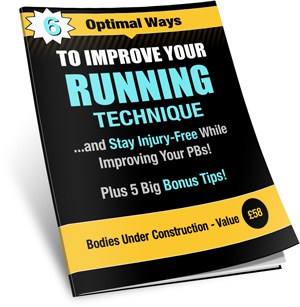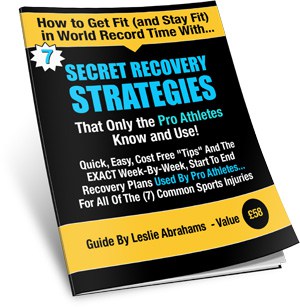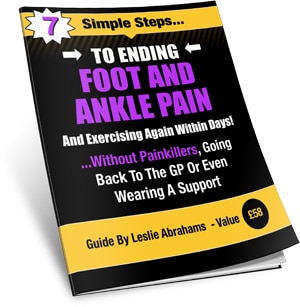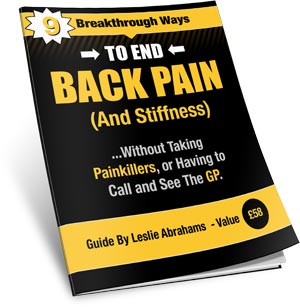Struggling with back pain? We have 12 tips for you!
By Leslie Abrahams, Physiotherapist
This month we are focusing on back pain, posting regular bits of advice on how to manage back pain and debunking the myths that come along with back pain! We would love to answer any questions you might have about back pain, so feel free to get in touch via email, phone or social media with any questions you might have!
Today we are giving you 12 tips on how to deal with back pain. If you are struggling with back pain, give these a read and try some out for yourself!
Tip number 1
Back pain is not due to there being something out of line in your spine or pelvis. Relief from adjustments or manipulations are often due to a reduction in muscle spasms rather than structures being out of place and realigned!
Tip number 2
Back pain is very common and shouldn’t worry people. It can occur in over 80% of the population. 85% will feel an improvement in back pain after an acute episode int eh first two weeks, and 85% are fully recovered by 3 months post onset.
Tip number 3
DO NOT rest up in bed! Keeping as mobile as possible is a big benefit in preventing compensatory mechanisms. Research shows that staying in bed can have a negative effect, increase pain and prolong recovery time.
Tip number 4
Not getting enough sleep can influence back pain. This can be linked to stress and tension that increases risk factors for back pain. It can also slow down the recovery process if you aren’t getting enough sleep.
Tip number 5
Get moving! Exercise is ok! Exercise is known to be one of the best ways of managing back pain. Keeping the muscles conditioned and loose assists with positive outcomes. Be sensible with the type and intensity of exercise so take advice from your health professional.
Tip number 6
MRI scans are rarely needed. The key consideration for us before sending someone for a scan is will it change the management? <5% scans show a significant result. A good Physiotherapist should be able to advise you of the most likely cause of your pain and guide you on the need for a scan or not.
Tip number 7
There will be abnormal findings on your MRI scan result. Results explained poorly increase fear and make you think there is something more serious wrong than there is. Abnormal findings do NOT necessarily mean pain.
Tip number 8
More pain doesn’t always mean more damage. There are a number of factors that influence back pain such as; stress, perception of pain, fear, fitness levels, etc… Perception of pain is key here as pain levels can increase but that does not necessarily correlate with more damage.
Tip number 9
Surgery is rarely required to manage back pain. This is a common fear, but we make sure to explain that it is uncommon.
Tip number 10
We may never find the perfect sitting posture, and the general understanding is that various postures suit varied seating positions. The key is to transition from one posture to another and not spend hours sat in a fixed posture at a desk.
Tip number 11
It’s ok to move, lift and bend. Returning to normal movement is a key part of recovery but should be managed and done gradually.
Tip number 12
Long term back pain CAN get better. A good Physiotherapist will look at all potential influencing factors to your pain including lifestyle, fitness levels, stress, etc… and help you manage these.
Did you find these tips helpful!? We hope so!
If you are suffering with back pain, get in touch! The sooner you get it seen to the easier the recovery will most likely be.
We are also hosting a FREE Virtual Back Pain workshop on Wednesday 23rd February where you will learn how best to manage your back pain. If this sounds of interest, get in touch!







